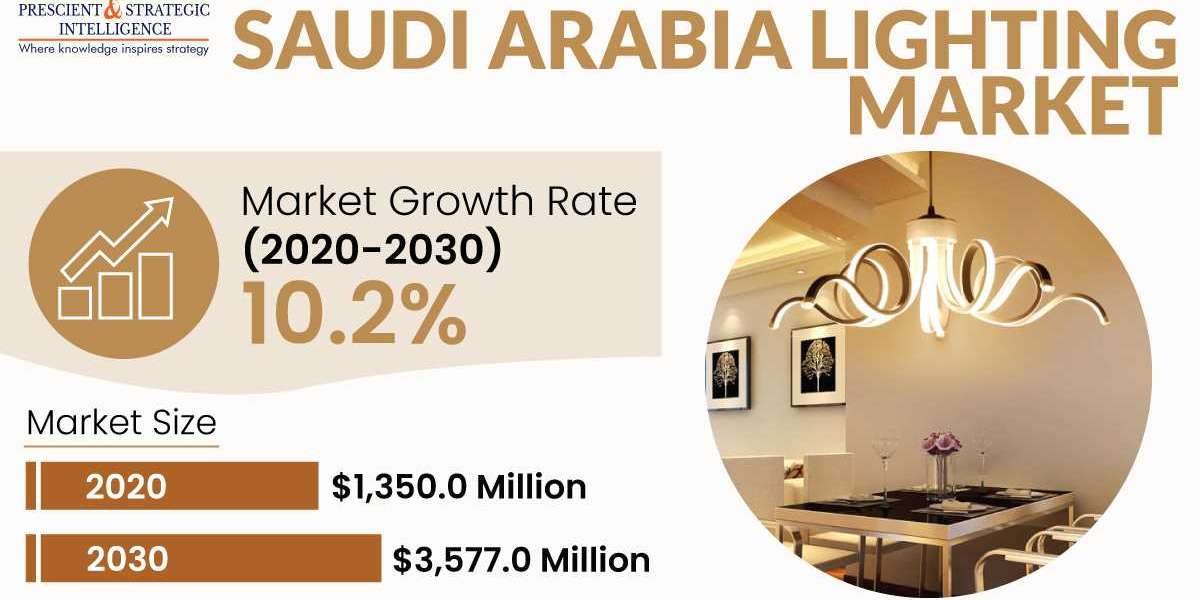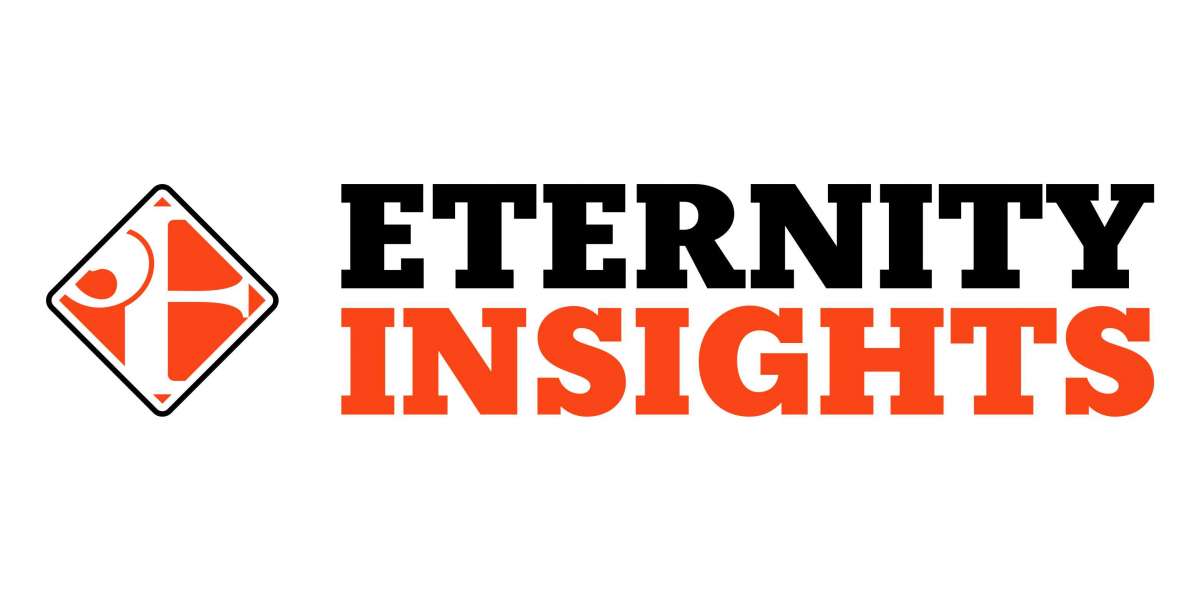As lights consume a predominant amount of electricity in the industrial, residential, and commercial sectors, Saudi Arabia is shifting toward energy-efficient lighting systems to deal with power shortages, owing to the rising electricity demand and depleting fossil fuel reserves. In an attempt to replace conventional lighting systems with energy-efficient solutions, the country is rapidly switching to light-emitting diodes (LEDs). The large-scale adoption of LED lighting units has resulted in a significant reduction in greenhouse gas (GHG) levels and prices of LEDs in Saudi Arabia.
Thus, the declining LED prices and rising preference for smart homes will help the Saudi Arabian lighting market demonstrate a notable CAGR of 10.2% during 200–2030. According to PS Intelligence, the market was valued at $1,350.0 million in 2020 and it will generate $3,577.0 million revenue by 2030. The fast-paced adoption of smart home technologies can be attributed to the rapid deployment of security and access control systems and energy management systems and the implementation of numerous government plans aimed at increasing smart lighting and smart home penetration in the country.
Read Full Report: Saudi Arabia Lighting Market Revenue Estimation and Growth Forecast Report
In the coming years, wireless lighting solutions, such as Wi-Fi, EnoCean, radiofrequency (RF), and Bluetooth-enabled lights, will be adopted in considerable volume in automotive, commercial, industrial, residential, and outdoor applications. Wireless-based lighting units are easy to install, remove, and add from the system, owing to which end users in Saudi Arabia will adopt these lights in abundance. Additionally, a wireless lighting control system enables users to strategically position their lights to save money and energy.
In recent years, the residential sector of Saudi Arabia has emerged as the dominant user of lighting systems due to the increasing number of housing projects in the country. For instance, ROSHN, a Public Investment Fund Project and national community developers, a part of the Vision 2030 initiative of the Kingdom of Saudi Arabia, aims to increase the homeownership rate to 70% by 2030. Further, the Kingdom has established the National Housing Company and the 'Etmam' Center to support real estate developers constructing houses in the country.



